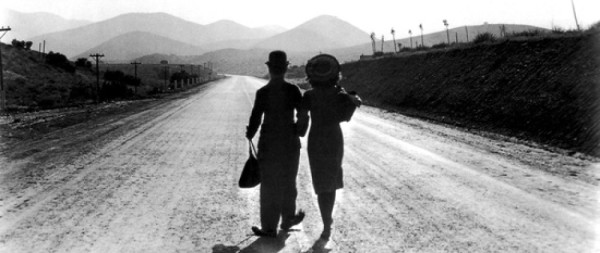Track of the Cat
Directed by William A. Wellman
Written by A.I. Bezzerides from a novel by Walter Van Tilburg Clark
1954/US
Wayne-Fellows Production
IMDb page
First viewing/Criterion Channel
Pa Bridges: Got to keep drunk to forget I’m married to a clothes pin.
When I saw this on the roster I thought great! a Western with Robert Mitchum I haven’t seen and directed by William Wellman to boot. Unfortunately Mitchum is in it far too little and it’s less a Western than a mid-fifties dysfunctional family psychodrama.
The Bridges family runs a ranch in the Northern California mountains. An apparently enormous panther is eating their cattle. The family consists of Ma (Beulah Bondi), a religious fanatic, Pa (Philip Tonge), an alcoholic, Grace (Teresa Wright), a bitter old maid, Arthur (William Hopper), the moral oldest brother, middle brother Curt (Mitchum) who is hard and cruel and Harold (Tab Hunter), the youngest brother who is just coming of age and in love with a slightly older woman the women the family heartily disapprove of.
Curt and Arthur go out into the snowy wilderness to hunt the panther. They think it may even be the legendary black panther local people fear so much. We will sporadically participate in their arduous journey.

But mostly we spend our time with the folks back at home who constantly bicker with each other. Harold has to decide whether he will stand up for himself at last.
My husband is the Western lover in our family. He went to sleep before this was over. I stuck it out but it didn’t get any better. I did like the landscape photography a lot and all those scenes with Mitchum in his bright red coat against snow as far as the eye can see





















